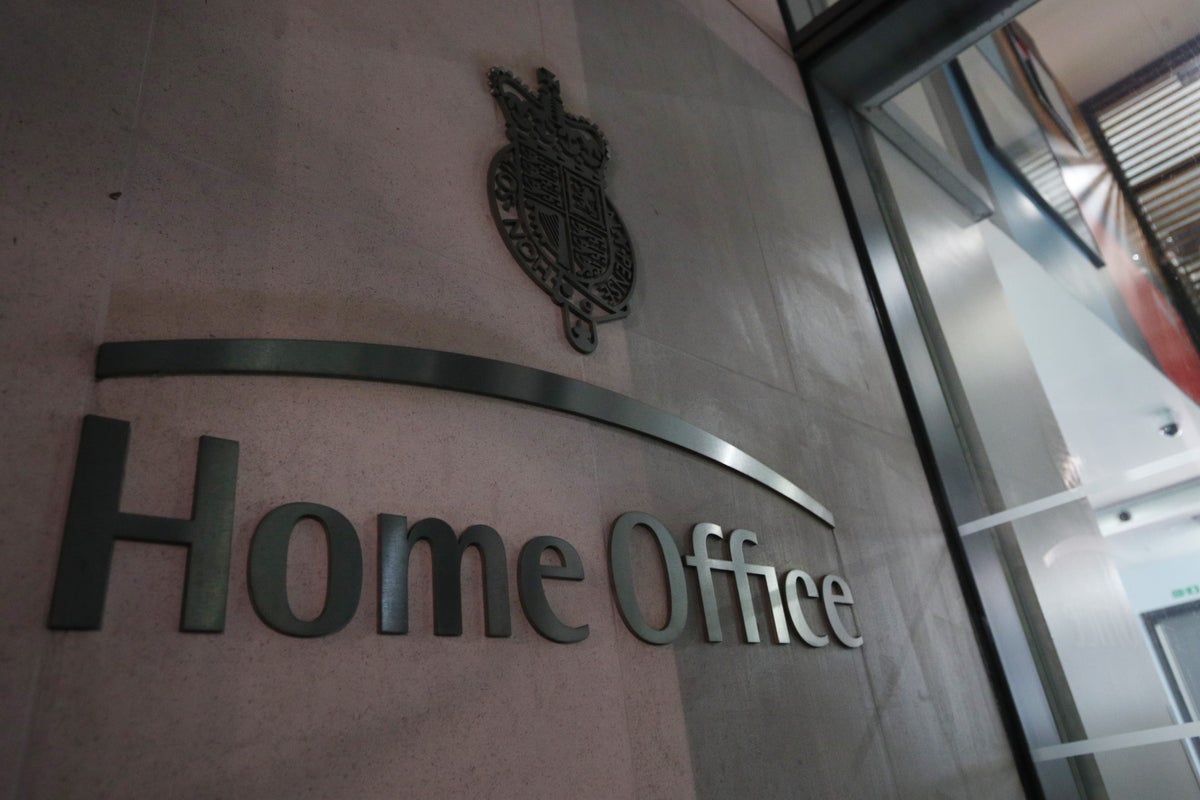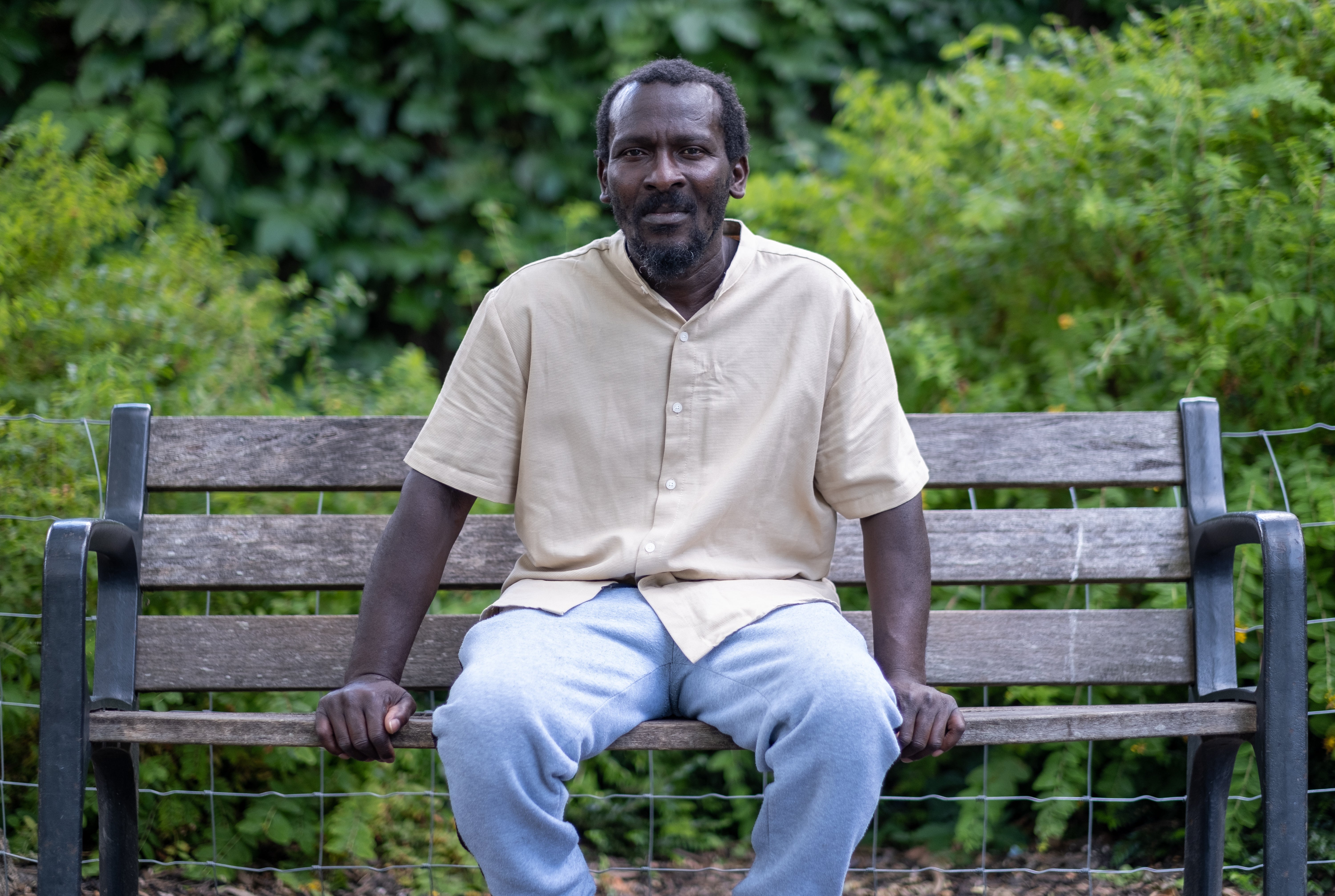
Hundreds of people affected by the Windrush scandal are being forced to wait over a year for compensation, analysis shows ahead of the 75th anniversary of the voyage.
The compensation scheme has been criticised for being “too slow” and for treating the Windrush generation “callously”, with charities and victims calling for it to be removed from the hands of the Home Office.
Analysis shows that of the 2,235 claims in progress as of April, 347 (16 per cent) had been in the system for at least 12 months, including 162 for over 18 months.
A year earlier in April 2022, a lower number of claims were in progress – 1,904 – but a higher number had been in the system for 12 months and over: 541, or 28 per cent of the total.
Over the same period, the proportion of claims in the system for just one to three months has gone up, from 19 per cent in April 2022 to 33 per cent in April this year.
Fitzroy Maynard, who came to the UK in 1980 from Antigua, said he felt like the Home Office “have no intention to pay people their full due”.
After decades in the UK, Mr Maynard struggled to prove that he had a right to live and work in the UK and lost his job as a result. His benefits were withdrawn and he became homeless in 2007. He was forced to resort to sofa-surfing, and at times lived on the streets, for more than a decade.

He took legal action against the government for the delays in giving him compensation through the scheme – and when he did receive a payout it was not sufficient, he argued.
He said: “The Home Office should never have been put in charge to look after the compensation scheme themselves. They should stop taking so long in processing claims – it feels that they have no intention to pay people their full due, and that they just want to wear us down. This is what is happening with me, after so many years I am disheartened, but I am still going to fight.”
Charity Praxis surveyed 20 current and former clients about their experience of the compensation scheme. Only eight people had been able to apply for the Windrush Compensation Scheme since its launch in April 2019 and just three had received compensation. Sally Daghlian, CEO of Praxis, said: “The department that shredded thousands of lives is now failing at compensating its victims for the hardship they had to endure.”

Jacqueline McKenzie, a lawyer who has met hundreds of people needing help with their claims, said no other group of people in society would be treated “this callously”.
A partner at the law firm Leigh Day, Ms McKenzie said they had had clients who were initially rejected for compensation who were later offered tens of thousands of pounds when their case was reviewed in what she said is evidence of “poor case-working”.
She said one client was told he was not entitled to compensation, but when the decision was reviewed he was told he was entitled to £289,000, while another saw a mother and two daughters go from being awarded nothing to being told they would get between £70,000 and £100,000.
The Windrush Compensation Scheme is available to people of all ages and nationalities including those from African, Asian and Caribbean backgrounds who have suffered due to being unable to prove their legal right to live in the UK.
It was set up after the Windrush scandal, which erupted in 2018, and saw people with a right to live in the UK lose access to work and be wrongfully detained or deported.
The latest figures show that since 2019 and up to April this year, £72.6m had been offered through the scheme – of which £61.3m had been paid out.
The Home Office has said the government is “honouring its Windrush commitments and providing support to those affected every day”, adding that the compensation scheme “will stay open as long as needed”.







